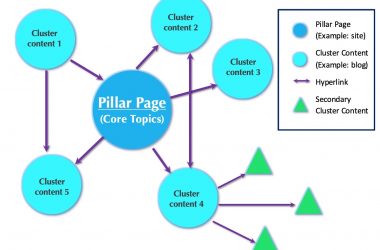Cross-Device Retargeting
Especially in the last few years, the Internet has proliferated at an unprecedented rate and made its way to the helm of consumers’ everyday lives. The average Australian now owns at least 3 connected devices and displays the tendency to switch between devices depending on their usage preferences.
Earlier, users browsing a specific website online on a mobile device, could not be targeted by advertisers if they switched to using another device unless they visited the same website again.
Previously browser cookies were responsible for tracking user preferences online, however, with multiple users accessing a single device, the information stored cannot be regarded as precise enough to provide individual browsing insights, especially if the user were to switch over to other devices. In addition to this, the same user continuing the session on another device was logged as a fresh user and was exposed to the same messaging.
Facebook was one of the first to embrace the trend of identifying unique user browsing habits across devices and now Google has jumped onto the bandwagon with its move to launch cross-device retargeting on Google Analytics, making it user-friendly and far from technical. Reportedly, about six in ten consumers started their buying journey on one device and eventually continued or sometimes ended on another device making the implications of the launch of this feature enormous. Marketers will now be able to exert a highly precise method of identifying unique users rather than user sessions, as long as the user is signed in onto a Google account.
This function will allow marketers to control the frequency of the ads their audiences will see, thereby limiting potential over-exposure, which can in fact have an undesirable effect and overwhelm audiences when exposed to the same messaging. When surveyed, a weak 27% of people felt that marketers were able to provide a seamless brand experience across devices. Campaigns can now be seamlessly integrated across devices and specifically customised depending on what stage of the buying journey the user is at. Of course, all this also now means that ad-spend can be optimised and used more efficiently.
Let’s break cross-device retargeting down. Assume you’re looking to buy a pair of headphones. While on your morning commute to work, you decide to look online at the different range of products available on your mobile. While taking a break at work, you see an e-retailer’s ad with their selection of headphones which then prompts you to check out a couple of user reviews on your office laptop of that Seinnheiser pair that you’re keen on. Finally, you’re home casually browsing on your tablet when you see a limited time discount offer on those same headphones and you decide to go ahead treat yo’self with the purchase.
This precise function will be fundamental at tracking the outcomes of marketing campaigns and will be instrumental in providing further insights on how consumers make decisions in an online sphere, thereby going to show that once again, data analytics strategy is at the helm of tying everything together.
To find out how this feature can be used to optimise your presence online, reach out to SEO Sydney to learn more today!




